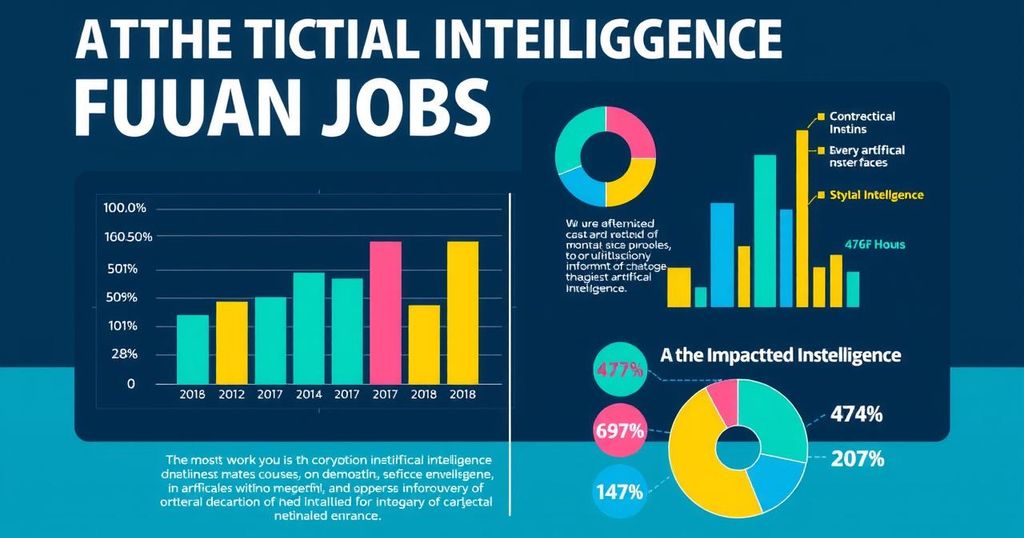Will Artificial Intelligence Harm Future Jobs?
A significant portion of workers are currently using AI in their jobs or believe it could be incorporated into their roles. There’s widespread concern about AI impacting job security, especially among lower-income groups. While some feel overwhelmed, others are hopeful about AI’s future applications.
Artificial intelligence is making waves in the workforce, with many employees noting its significant role in their jobs. Around 16% of workers report they’re already doing some tasks with AI, and an additional quarter—25%—acknowledge that their current job could potentially be assisted by AI in the future. It’s interesting to see that a considerable 51% of those using AI hold at least a bachelor’s degree, compared to just 39% among non-users.
However, there’s palpable anxiety among workers concerning AI’s overall impact on employment. About 52% express concerns over how AI will alter job landscapes, and 32% specifically fret that it may lead to reduced job opportunities for them. Lower and middle-income workers seem to carry more worry on their shoulders, showing higher percentages of concern—37%, 33%, and 26% for low-, mid-, and upper-income workers, respectively. It’s a real social divide driven by job security fears.
In summary, the rise of artificial intelligence in the workplace is a double-edged sword. While many embrace its potential to streamline tasks, deep-seated fears overshadow this optimism, especially among low and middle-income workers. As AI continues to evolve, the conversation around its implications for job security is likely to intensify, shaping the future job market in unpredictable ways.
Original Source: www.apa.org




Post Comment